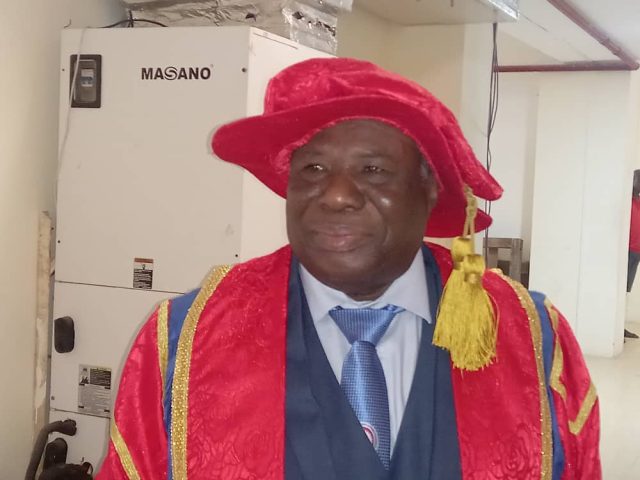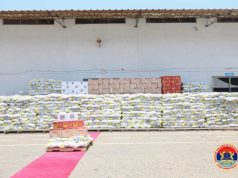The Chancellor of the University of Education, Winneba (UEW), Neenyi Ghartey VII, has advocated the strengthening of youth-focused policies to promote vocational training and entrepreneurship towards enhanced national growth.
Giving the sessional address at the 27th Congregation of the University at Winneba on Saturday, he said the current economic and unemployment challenges sweeping through West Africa called for immediate attention. He stated that government policy must facilitate the collaboration of educational institutions with industries to align curricula with market demand courses.
That would go a long way to equip the youth with relevant skills, especially in emerging sectors like technology and green industries, to bridge the skills gap and increase employability, he noted. It would also provide the immediate relief to the unemployed youth while fuelling economic growth and revamping the industrial sector.
“This is crucial to revolutionise and establish robust social safety nets to cushion the impact of economic challenges on vulnerable populations,” Neenyi Ghartey, the Paramount Chief of Effutu Traditional Area, said. He said by supporting existing industries to face downturns due to external shocks, strengthening vulnerable sectors and encouraging innovation, the Government could safeguard jobs and promote long-term sustainability.
“Government must also accelerate the transformation of the digital economy to leverage its potential to generate jobs and transform traditional industries.” He said targeted assistance programmes could also ensure that basic needs were met while maintaining social stability, and by taking those swift and resolute measures, the Government could demonstrate its commitment to addressing the pressing economic and unemployment concerns of Ghanaians.
Touching on some challenges of the University, the Chancellor said the institution was aware of students’ frustration in obtaining their academic records from the UEW system, however, management had not relented in its efforts to rectify the situation. Prof. Mawutor Avoke, out-going Vice Chancellor of the University, highlighting developments during the year under review, announced that the College for Distance and E-learning had opened two additional learning centres.
They are at Fawode Kofi Adjei Senior High Technical School in the Ashanti Region and Dormaa Senor High School in Bono Region, bringing to 44 the total number of e-learning centers. The University had also commissioned a demonstration school and a resource centre for postgraduate programmes at its North Campus in Winneba, to serve as a model for top-notch instruction to children at an early age.
That, he said, would afford students in the Department of Early Childhood Education the opportunity to experience modern facilitation of content and teaching methodology informed by practice models.
That would serve as a conference and model lecture hall for postgraduate programmes in the Department. Ongoing developmental projects in the school include the construction of lecturers’ office complex (almost complete), hostels and a university hospital at the North Campus at Winneba.
Prof Avoke assured that management was committed to completing all projects including the faculty block at Ajumako, Graduate School Block at the North Campus and distance learning centre in Cape Coast and Accra
















